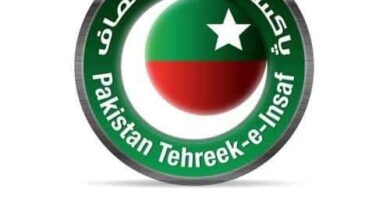DIFFERENCE BETWEEN DEMOCRACY AND DICTATORSHIP
SAAD AKHTAR
hassas_f@yahoo.com
Benefits of democracy
1) “Representation of the People:**
Democracy empowers citizens by allowing them to participate in the decision-making process through elections. Leaders are chosen by the people upto their choice, making governments accountable and reflective of the population’s will.
2) “Rule of Law”
Democracies emphasize the rule of law, ensuring that all individuals, including leaders, are subject to the same laws(no differencebetweenrich and poor). This reduces the chances of authoritarian abuse and ensures justice.
3) “Protection of Rights”
Democracies safeguard individual freedoms such as speech, religion, protection to rule of law and assembly. These rights foster a culture of innovation, dissent, and personal growth, which may be stifled in other systems.
4) “Accountability and Transparency”
Democratic governments are held accountable by free media, judiciary, and civil society. Transparency in decision-making helps combat corruption and misuse of power.
5)” Stability through kegitimacy”
Because leaders are elected, democracies often enjoy greater legitimacy among their populations, leading to stable governance. Authoritarian systems may maintain order through force, but they lack genuine public consent.
6) Flexibility and Rmresilience”
Democracies allow for peaceful transitions of power and adapt to societal changes without violent upheavals. Through debate and reform, they remain resilient in the face of challenges.
7) Economic and social development”
Democracies often foster innovation and economic growth by encouraging free markets, property rights, and intellectual freedoms. Additionally, they invest in education and healthcare, improving the quality of life.
And now comparison with Other systems
“Autocracy or Dictatorship”
While efficient in decision-making, autocracies often lack public accountability, leading to potential abuses of power and dissatisfaction.
“Monarchy”
Monarchies may provide stability but often limit public participation in governance.
“Oligarchy”
Power concentrated in the hands of a few may prioritize elite interests over the common good.
“Communism”
Despite its focus on equality, lack of political freedom and centralization of power can stifle individual creativity and economic efficiency.
And now the conclusion between democracy and dictatorship:
Why democracies lead strong nations.
Countries with strong democratic systems tend to enjoy sustained development, higher human rights standards, and robust conflict resolution mechanisms. While no system is perfect, democracy’s adaptability and inclusiveness make it uniquely suited to balance diverse needs and challenges.



